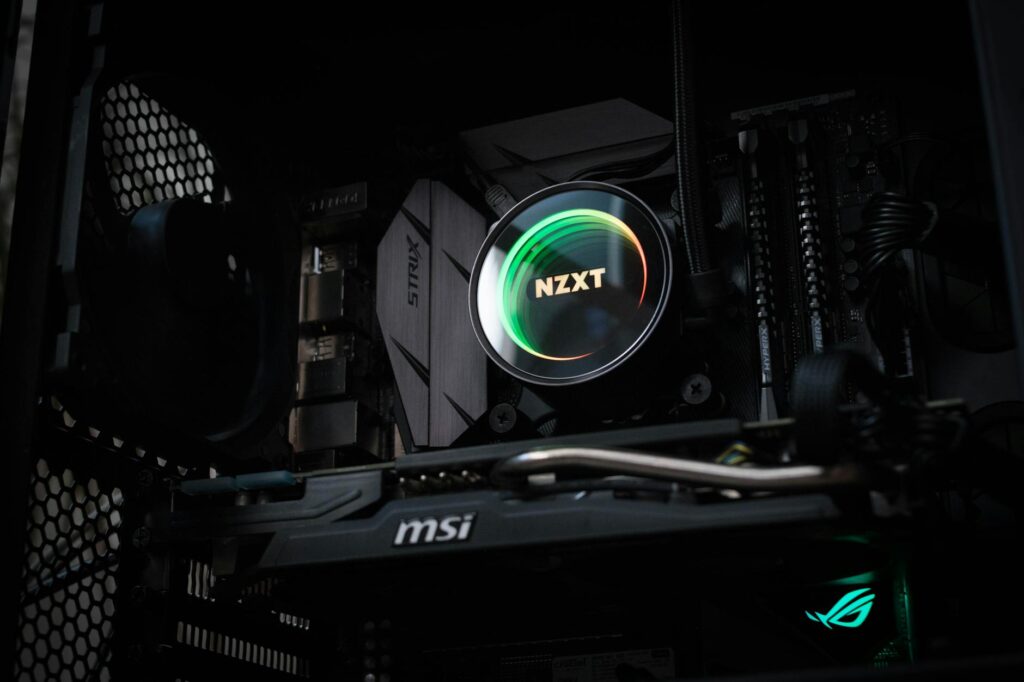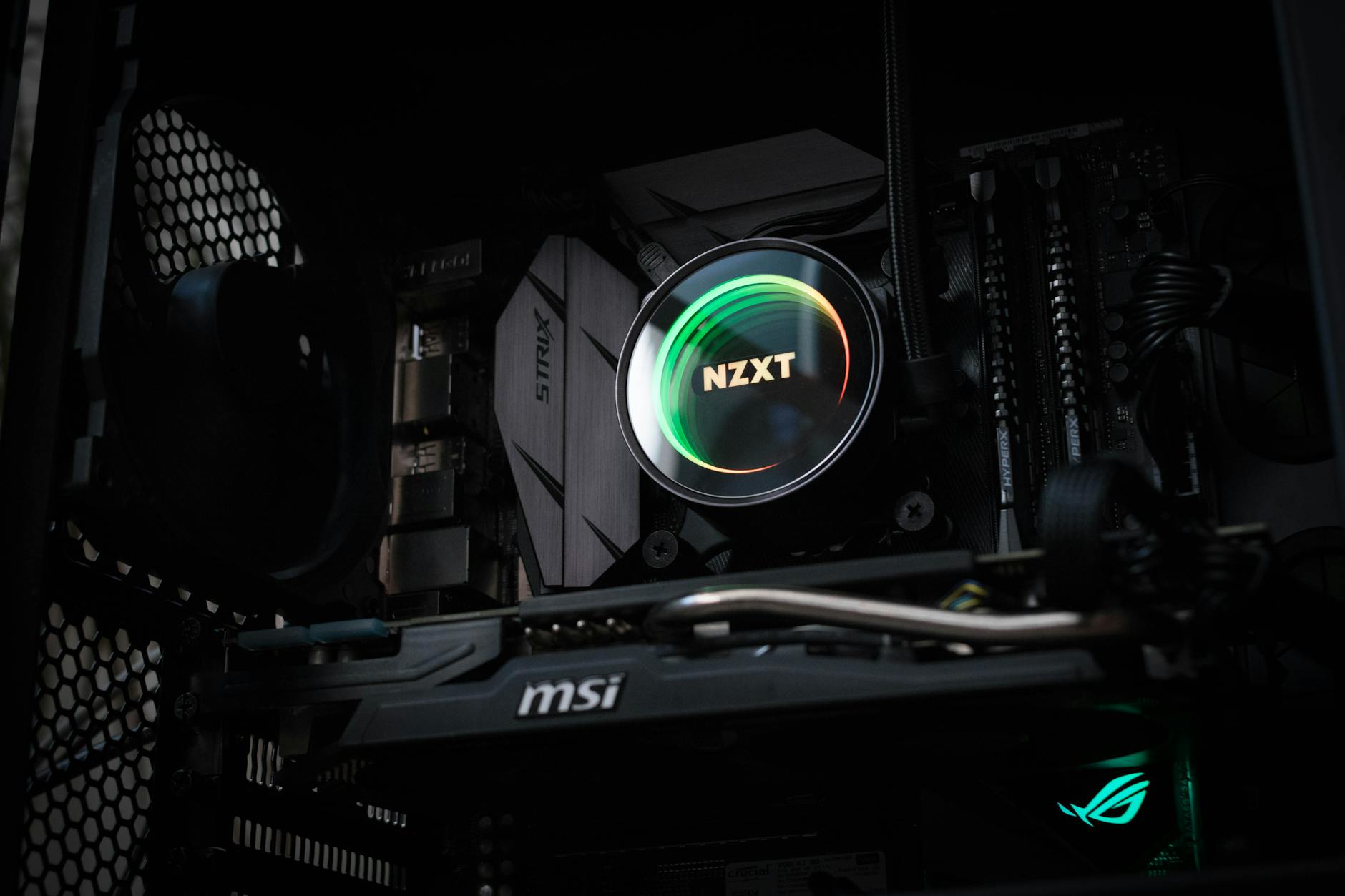Getting the most out of your gaming PC isn’t just about having the latest graphics card; it’s about optimizing your entire system. This guide will walk you through several key steps to boost your gaming performance and ensure a smooth, lag-free experience.
Check Your System Requirements
Before diving into optimizations, make sure your PC meets the minimum and recommended system requirements for the games you want to play. Many games clearly list these on their store pages. If your system falls short, upgrading key components like your CPU or GPU might be necessary. 
Update Your Drivers
Outdated drivers can significantly impact performance. Visit the websites of your graphics card manufacturer (Nvidia or AMD) and download the latest drivers for your specific model. Similarly, keep your motherboard and other device drivers up-to-date. This simple step often yields surprising improvements. Learn more about driver updates here.
Adjust In-Game Settings
Most games offer a range of graphical settings. Experimenting with these settings can greatly affect performance. Lowering settings like shadows, anti-aliasing, and texture quality can free up resources and increase frame rates. Find the balance between visual fidelity and performance that works best for you. [IMAGE_2_HERE]
Manage Background Processes
Background applications consume system resources, potentially impacting gaming performance. Close unnecessary programs and services before launching your games. You can also use the Task Manager (Ctrl+Shift+Esc on Windows) to monitor resource usage and identify resource-hogging processes. Learn more about managing processes.
Optimize Windows Settings
Windows itself has several settings that can be tweaked for better gaming performance. Consider disabling startup programs, adjusting power settings to “High Performance,” and turning off visual effects. Check out this guide for detailed Windows optimization. [IMAGE_3_HERE]
Overclocking (Proceed with Caution!)
Overclocking your CPU or GPU can increase their performance, but it also carries risks. If you’re not comfortable with this process, it’s best to avoid it. If you do decide to try it, research thoroughly and proceed carefully. Incorrect overclocking can damage your hardware. Learn more about safe overclocking practices.
Consider an SSD
Switching to a Solid State Drive (SSD) can significantly reduce load times and improve overall system responsiveness. SSDs are much faster than traditional hard disk drives (HDDs), which can make a noticeable difference, especially in games with long loading screens. [IMAGE_4_HERE]
Keep Your System Clean
Over time, your PC can accumulate dust and debris, hindering cooling and potentially causing overheating. Regularly clean your system’s internal components, paying special attention to fans and heatsinks. Good cooling is vital for maintaining optimal performance.
By following these steps, you can significantly improve your PC’s gaming performance and enjoy a smoother, more immersive gaming experience. Remember, finding the right balance between visual fidelity and performance is key to maximizing your enjoyment.
Frequently Asked Questions
What is the most important factor affecting gaming performance? The most important factor is often a combination of your CPU, GPU, and available RAM. A bottleneck in any of these areas can significantly limit performance.
Can I improve my gaming performance without spending money? Yes, many of the optimizations discussed, like updating drivers, managing background processes, and adjusting in-game settings, can be done without any financial investment.
What are the risks of overclocking? Overclocking can lead to system instability, crashes, and in extreme cases, hardware damage if not done carefully and within safe limits.
How often should I clean my PC? It’s a good idea to clean your PC’s interior every 3-6 months, depending on your environment and usage.
Is upgrading my RAM a good way to improve gaming performance? Upgrading your RAM is a good way to improve gaming performance especially if you are running low on available memory.
